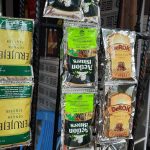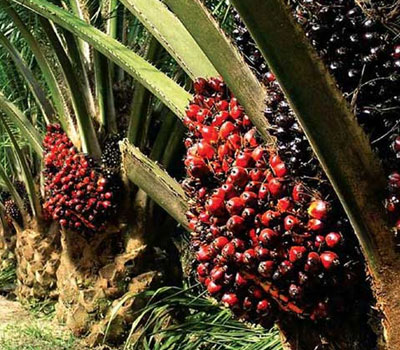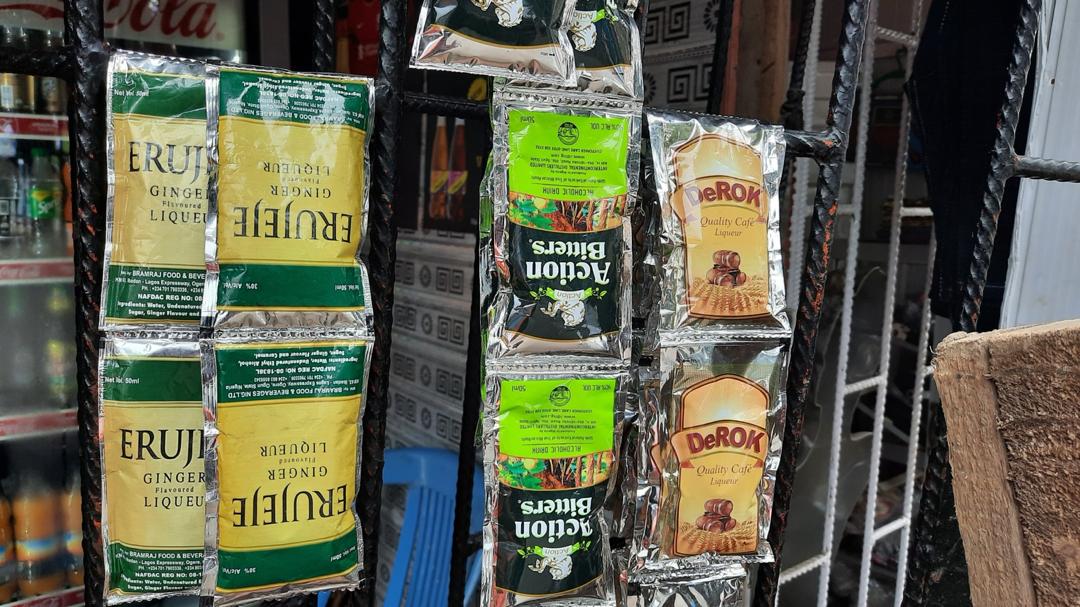If Nigeria had kept pace with its peers in supporting improved cultivation of palm oil in the last 25 years, the country could have made as much as $10 billion in yearly revenue, governor of central bank, Godwin Emefiele disclosed today in Abuja.
The CBN governor, who disclosed this was speaking at a Stakeholders Meeting on the Palm Oil Value Chain, held at the apex bank headquarters on Monday, and added that “Nigeria could have generated close to $10bn worth of foreign exchange for the country,” if it had not become a net importer of palm oil, importing between 400,000 – 600,000 MT of palm oil in order to meet local demand for this commodity.
Despite the fact that Nigeria has 3 million hectares of farmland for palm oil cultivation, it currently spends an annual $500 million on palm oil imports due to low production close to 2 tonnes per hectare, relative to a global benchmark of 25 tonnes per hectare.
To improve Nigeria’s domestic production and future foreign exchange earnings, the bank said it will roll out a funding model that will take into consideration the three to four-year gestation period required in cultivating palm oil.
“As part of our Anchor Borrowers Program (ABP) and our Commercial Agriculture Credit Scheme (CACS), the CBN will work with large corporate stakeholders and small holder farmers to ensure availability of quality seeds for this year’s planting season and agro-chemicals in order to enable improved cultivation of palm oil.
“We will also work to encourage viable off taker agreements between farmers and large-scale palm producing companies. Loans will be granted through our ABP and CACS programs at no more than 9% per annum to identified core borrowers. Some of the targeted large scale farmers are in our midst today and we shall use the opportunity of this engagement to achieve concrete results,” Emefiele said.
There are no details yet on when the funding model will be developed or when it would be accessible to farmers.
























Leave a comment